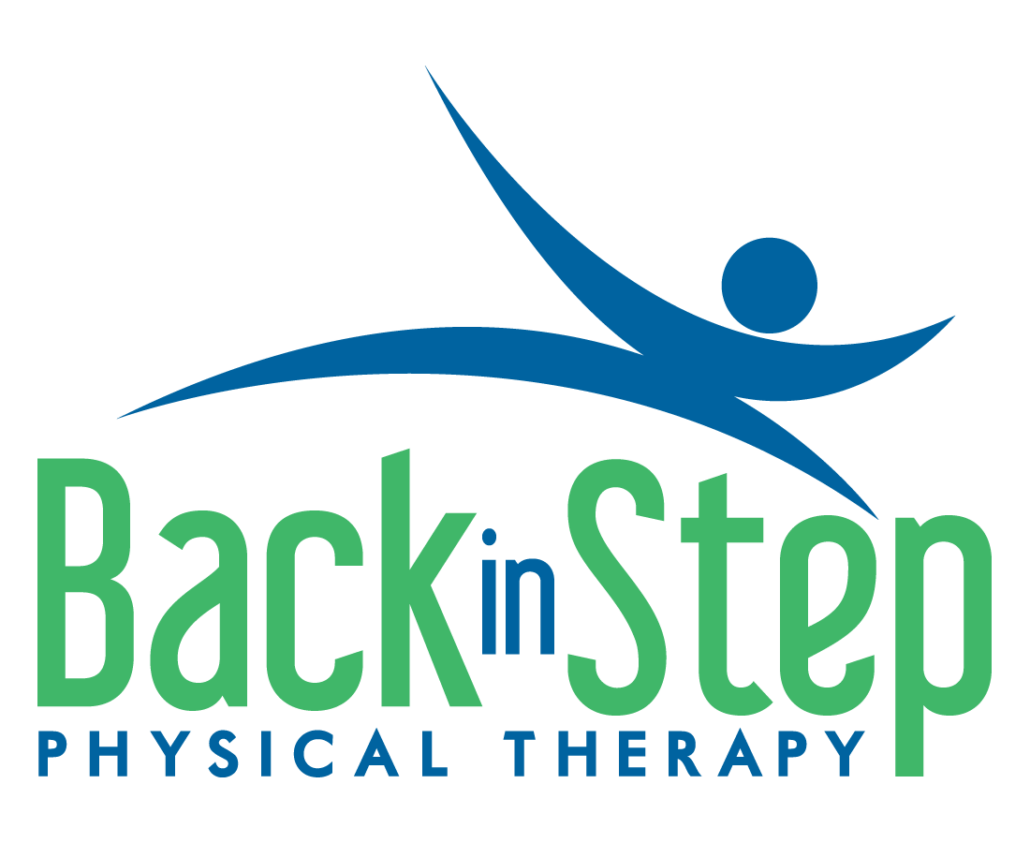Effective January 1, 2022.
New protections are in effect for consumers of healthcare services to ban surprise billing, balance billing, and a number of others.
- The rules primarily impact those who get coverage through their employer, although there are rules to help consumers who don’t have insurance or choose self-pay options.
- According to the CMS website, the rules do not apply to people with coverage through programs like Medicare, Medicaid, Indian Health Services, Vetereans Affairs Health Care, or TRICARE.
You have the right to receive a “Good Faith Estimate” explaining how much your medical care will cost.
Under the law, health care providers need to give patients who don’t have insurance or who are not using insurance an estimate of the bill for medical items and services.
- You have the right to receive a Good Faith Estimate for the total expected cost of any non-emergency items or services. This includes related costs like medical tests, prescription drugs, equipment, and hospital fees.
- Make sure your health care provider gives you a Good Faith Estimate in writing at least 1 business day before your medical service or item. You can also ask your health care provider, and any other provider you choose, for a Good Faith Estimate before you schedule an item or service.
- If you receive a bill that is at least $400 more than your Good Faith Estimate, you can dispute the bill.
- Make sure to save a copy or picture of your Good Faith Estimate.
For questions or more information about your right to a Good Faith Estimate, visit http://www.cms.gov/nosurprises.
Find our full disclosure & estimate form here: Good Faith Estimate.
Patient-Provider Dispute Resolution Process
CMS makes clear that good faith estimates may differ from actual services, items, or charges. If the actual billed charges are more than $400 higher than the good faith estimate, the patient may initiate the patient provider dispute resolution process. The patient initiates this process by submitting a notification to HHS within 120 calendar days of receiving the initial bill containing the excessive charges.
Upon receipt of the notification, HHS will assign a Selected Dispute Resolution entity to review the dispute and any documentation submitted by the patient and provider. The SDR entity then will make a separate determination for each service or item as to whether the provider or facility has demonstrated that the difference between the billed charge and the estimated charge reflects the costs of a medically necessary service or item, and is based on unforeseen circumstances that could not have reasonably been anticipated by the provider or facility when the good faith estimate was provided.
